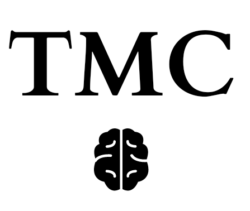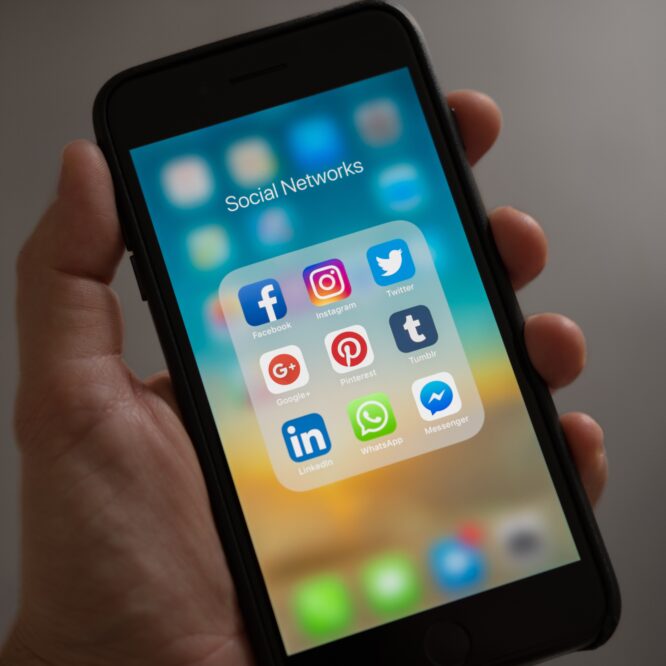No Likes. A social media addiction?
The social media world is buzzing with talk that Twitter could be planning to drop the heart-shaped ‘like’ button. Twitter chief executive, Jack Dorsey, speaking recently at a ‘tweetup’ in San Francisco, said he was not a fan of the feature and may scrap it “soon”. The event was part of Twitter’s attempts to shake-off its worsening reputation as a forum for fake news, malicious postings and an arena for bullying and vitriol.
Billionaire Dorsey said “We have a big like button with a heart on it and we’re incentivizing people to want it to go up. Is that the right thing? Versus contributing to the public conversation or a healthy conversation? How do we incentivize healthy conversation?” Well, he’s definitely on to something about the health aspects of social media – specifically what it’s doing to the mental well-being especially – although not exclusively – of the young.
Clicking ‘likes’, posting to get ‘likes’, envy of other people’s ‘likes’, creating an image to collect ‘likes’, fear of not getting ‘likes’ – all these aspects distort perception of self and others. It’s creating a dangerous false reality.
The social media addiction
The addiction to ‘likes’ is similar to any other addiction; the pleasure rush in anticipation of getting approval, the slavish, focussed attention to getting and receiving ‘likes’ and the sense and symptoms of withdrawal if this activity is blocked.
But there are wider implications. What is it that motivates people to share with their online ‘friends’?
Much of the sharing may be justified or legitimate – valuable information, lively (polite) debate or something to encourage or raise a smile. However, much of it is just self-promotion – ‘look at what I am doing, eating, achieving; look where I am, who I am with; here, read my virtuous, crowd-pleasing views; please like me. Pleeese!’
Getting approval through ‘likes’ gives us a high (consciously or unconsciously) and its an actual physiological high that keeps bringing us back. It’s a reward cycle – a dose of dopamine every time we get a positive response. The more we have, the more we want.
Recent research has shown that the same brain circuits activated by, say, alcohol, drugs or gambling, are also ignited by receiving ‘likes’. Intriguingly, research has also shown that seeing lots of ‘likes’ on a stranger’s post made participants in the study engage more with it in a ‘follow the crowd’ sort of mentality. The herd-like aspects of social media are unsettling.
Has it become dangerous?
It all becomes dangerous psychologically when an individual’s perception and confidence in themselves becomes dependent on approval in the virtual world. They begin to edit and construct a ‘self’ that is based on what is being ‘liked’ online.
Given that others will be constructing their own – best possible—‘selves’, this can produce a fear of inferiority or failure and a fear of missing out (fomo).
Of course, for the social media companies, the ‘likes’ function is a central part of how they make money – which makes you wonder how serious Twitter really is about scrapping the button!
Every time we click a ‘like’ we give a bit of information about ourselves away for free. Our likes and dislikes – our preferences – are then, in effect, sold on commercially (monetised). We’ve all noticed just how quickly we can be inundated with offers from companies following just one click on a vaguely related post.
It’s highly unlikely that any of the social media platforms will drop these ways of showing approval – it’s too fundamental and users would feel powerless to express quick opinions. No, the ‘like’ button is here to stay, so if we choose to use social media we’d better get to ‘like’ it…perhaps adding a smiley emoji.
As with so many other aspects of life, the response to the psychologically negative features of social media is to be self-aware. It’s about recognising in ourselves when our use of social media is becoming addictive and when withdrawal from its use is painful.
Taking regular breaks is the best therapy. Liking ourselves offline – in the real world—is at the heart of it.
What your thoughts about social media addiction?

